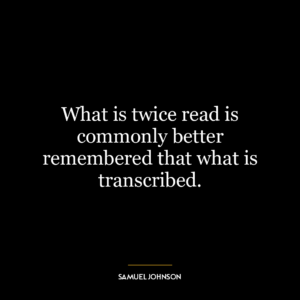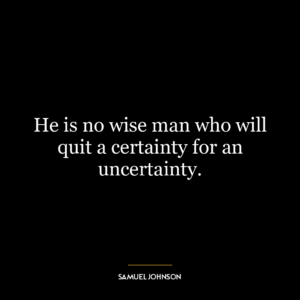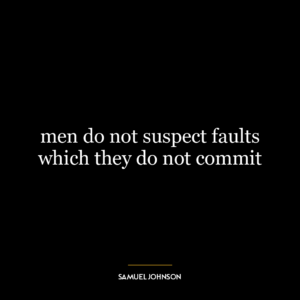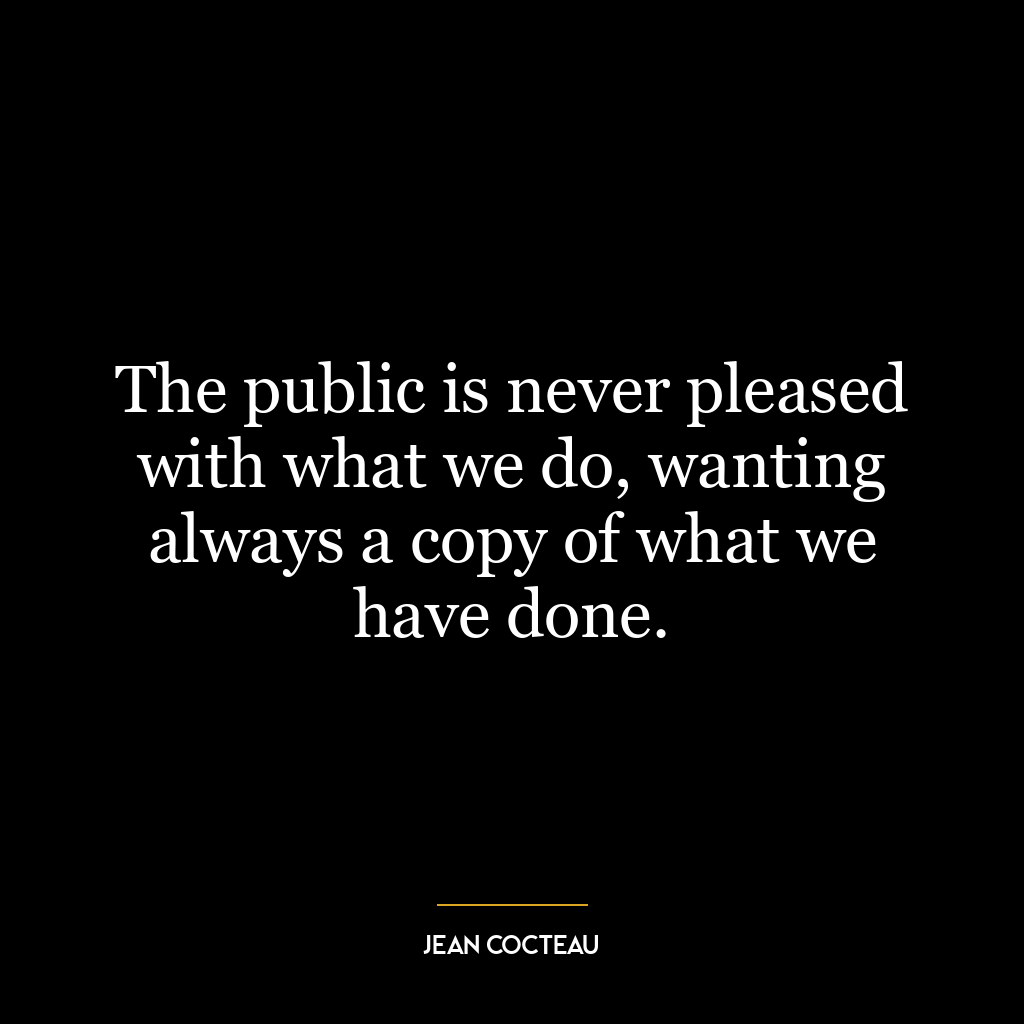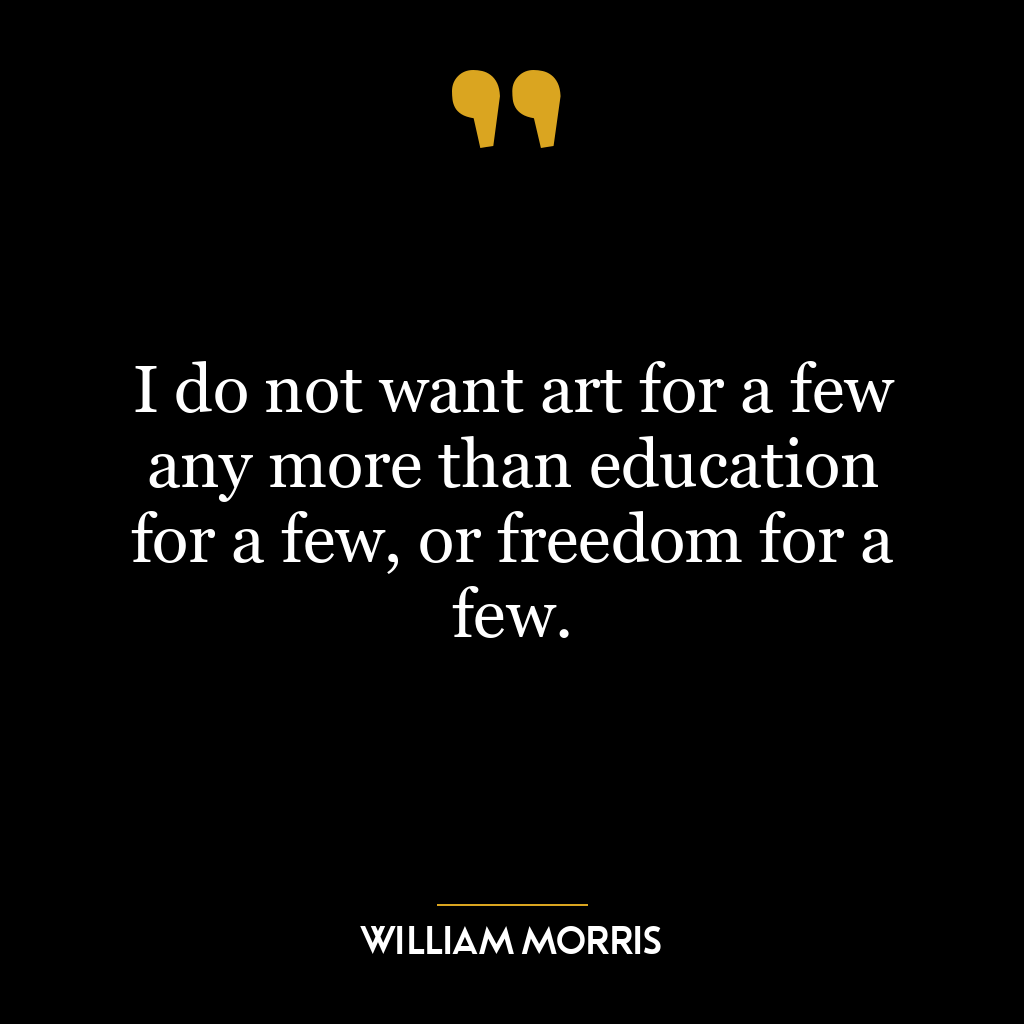This quote suggests that people often exhibit more kindness than we initially anticipate, but they may not always uphold justice as strongly as we hope. Kindness refers to the benevolence and warmth that individuals extend towards others, while justice refers to the fair treatment of all people, upholding what is right and lawful.
In essence, this quote reflects a common paradox in human behavior. We are often pleasantly surprised by the unexpected acts of kindness from others – perhaps a stranger helping us when we’re lost or a friend lending an empathetic ear during tough times. However, when it comes to fairness and justice – standing up for what’s right even when it’s inconvenient or uncomfortable – people tend to fall short more often than not.
Applying this idea in today’s world could be seen in various contexts. For example, social media platforms are filled with videos of random acts of kindness which restore our faith in humanity. Yet simultaneously, these platforms also expose numerous instances where justice is not served – from discrimination and hate crimes to corruption and misuse of power.
In terms of personal development, this concept can act as a guide for self-improvement. It encourages us to continue being kind but also challenges us to strengthen our commitment towards justice. This means not only treating people with compassion but also standing up against injustices whenever we encounter them – whether those are small-scale issues like unfairness at work or larger societal problems like racial discrimination or gender inequality.
Moreover, understanding that individuals might be kind yet unjust can help us navigate relationships more effectively by setting realistic expectations about human behavior – expecting compassion but also acknowledging the potential for bias or unfairness.




